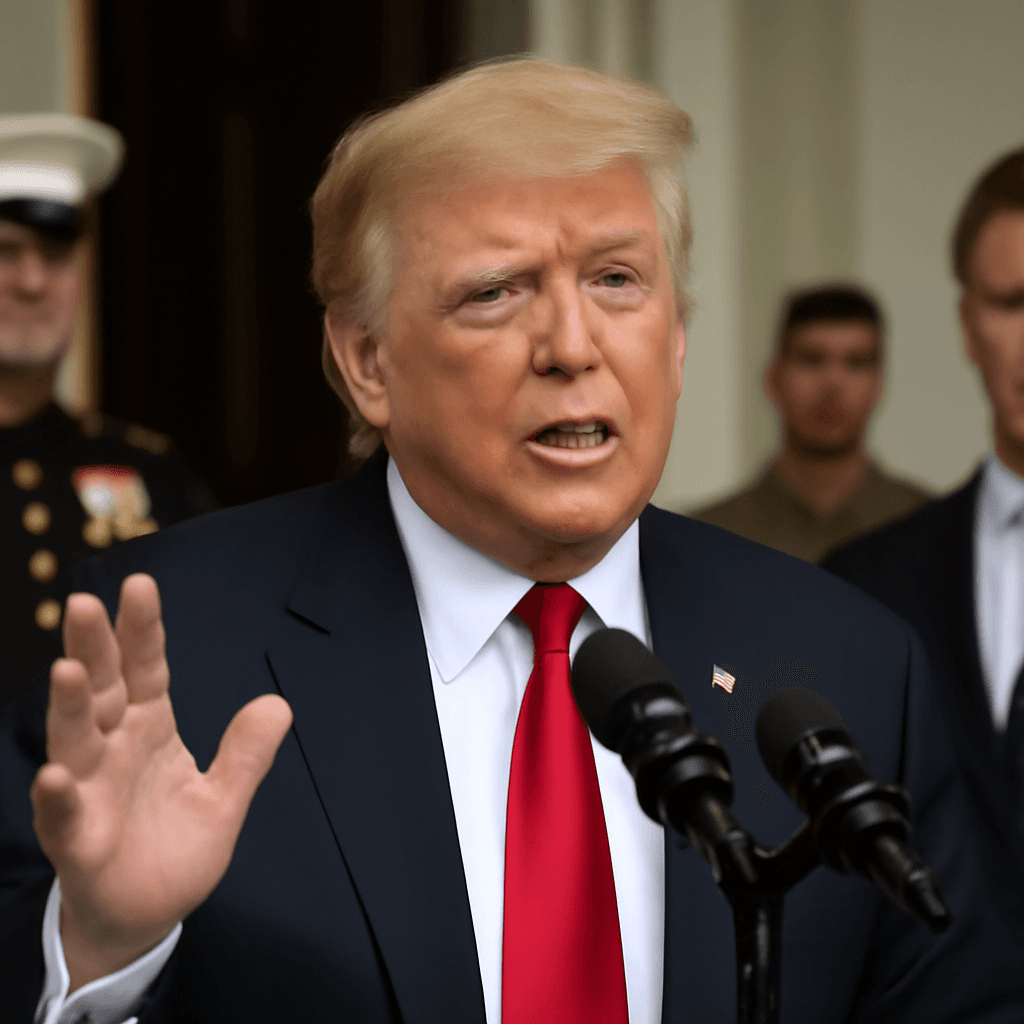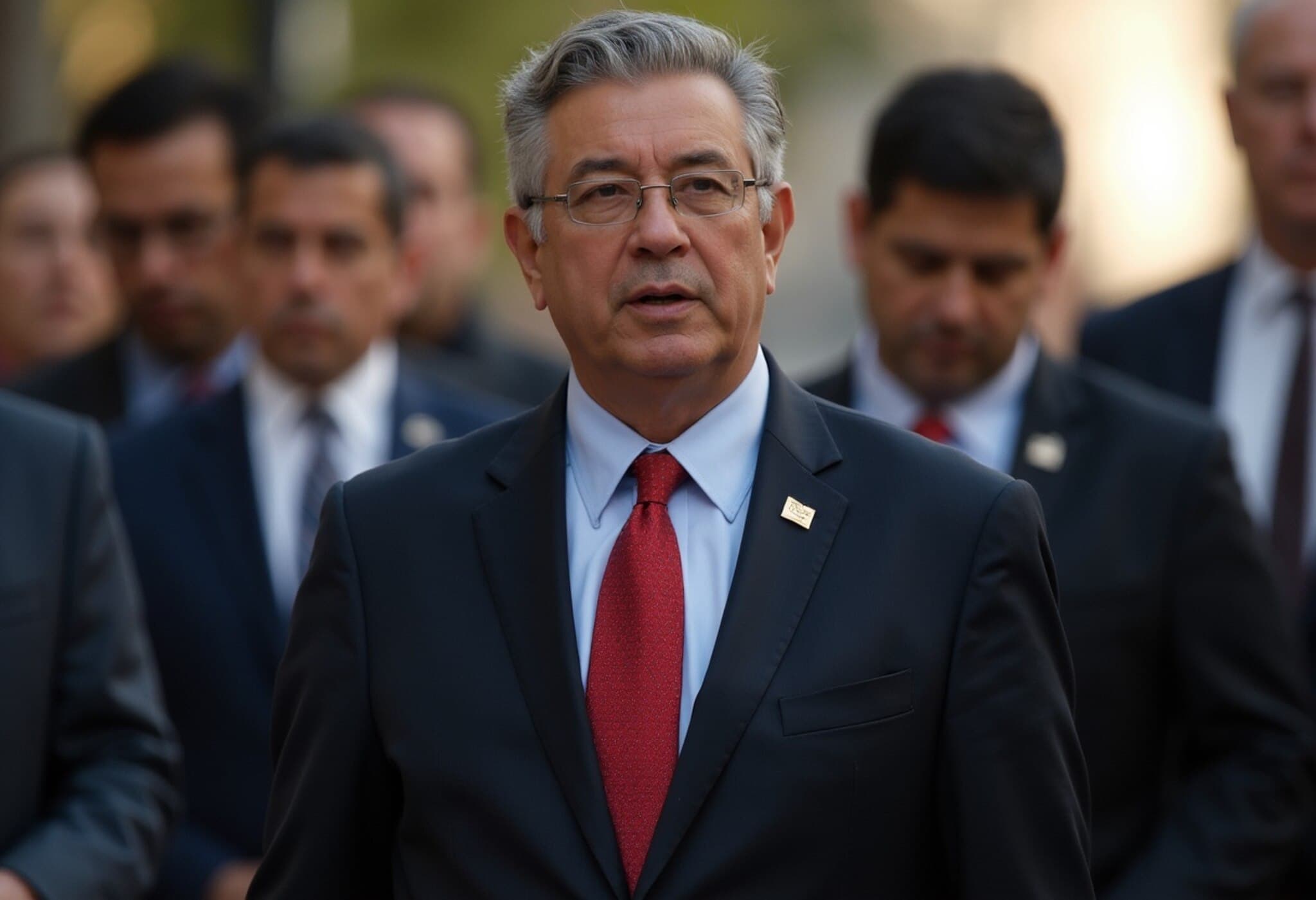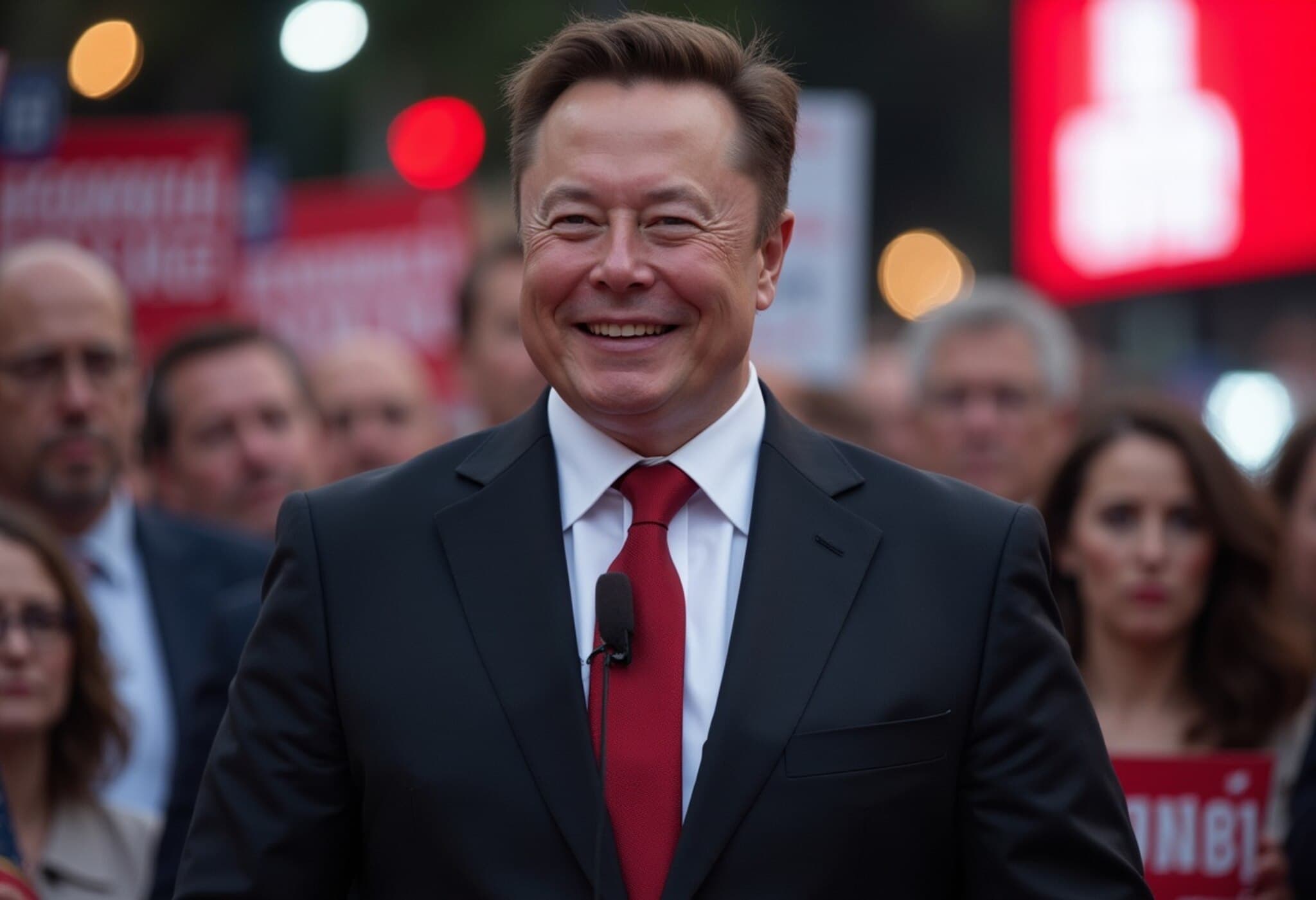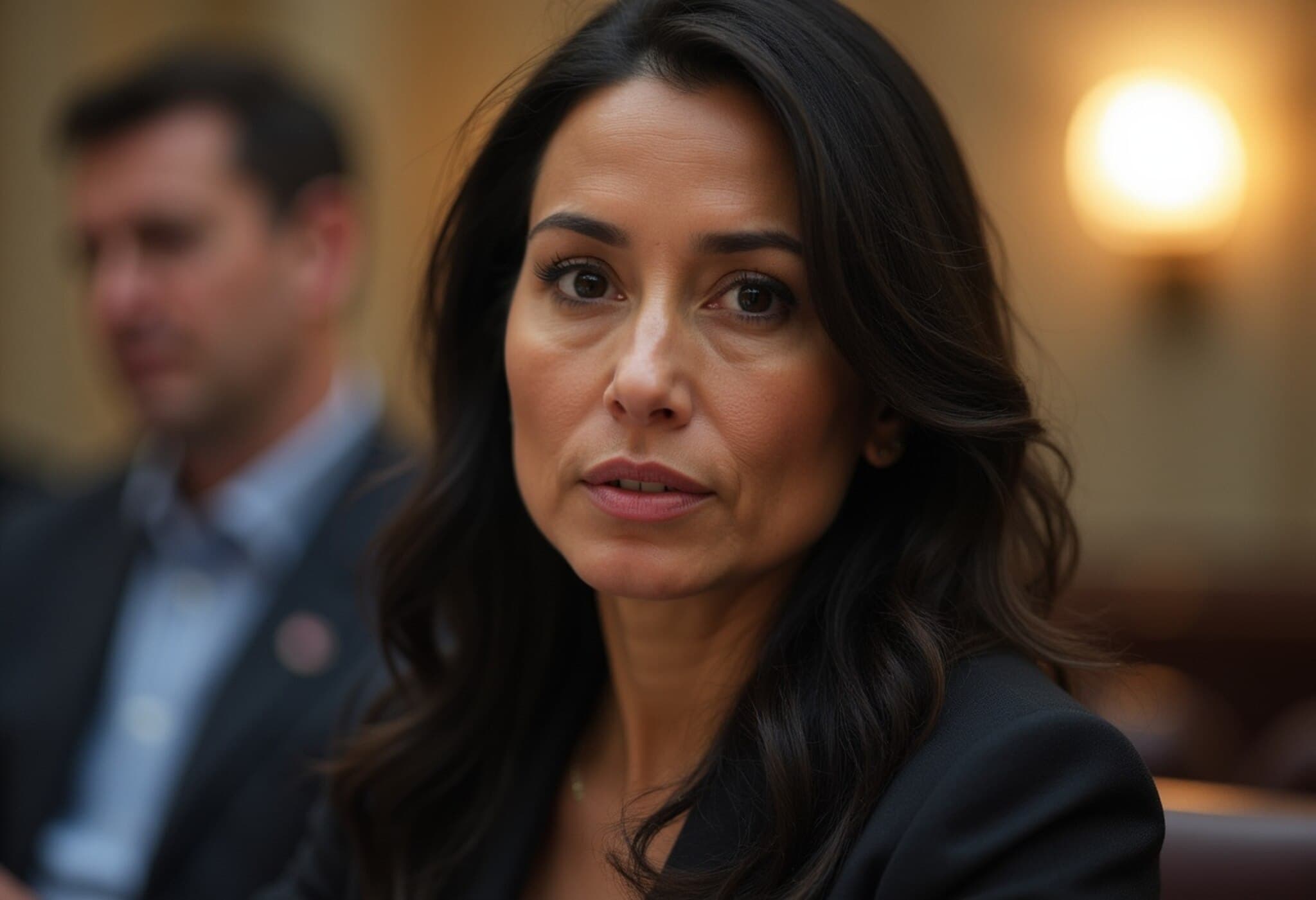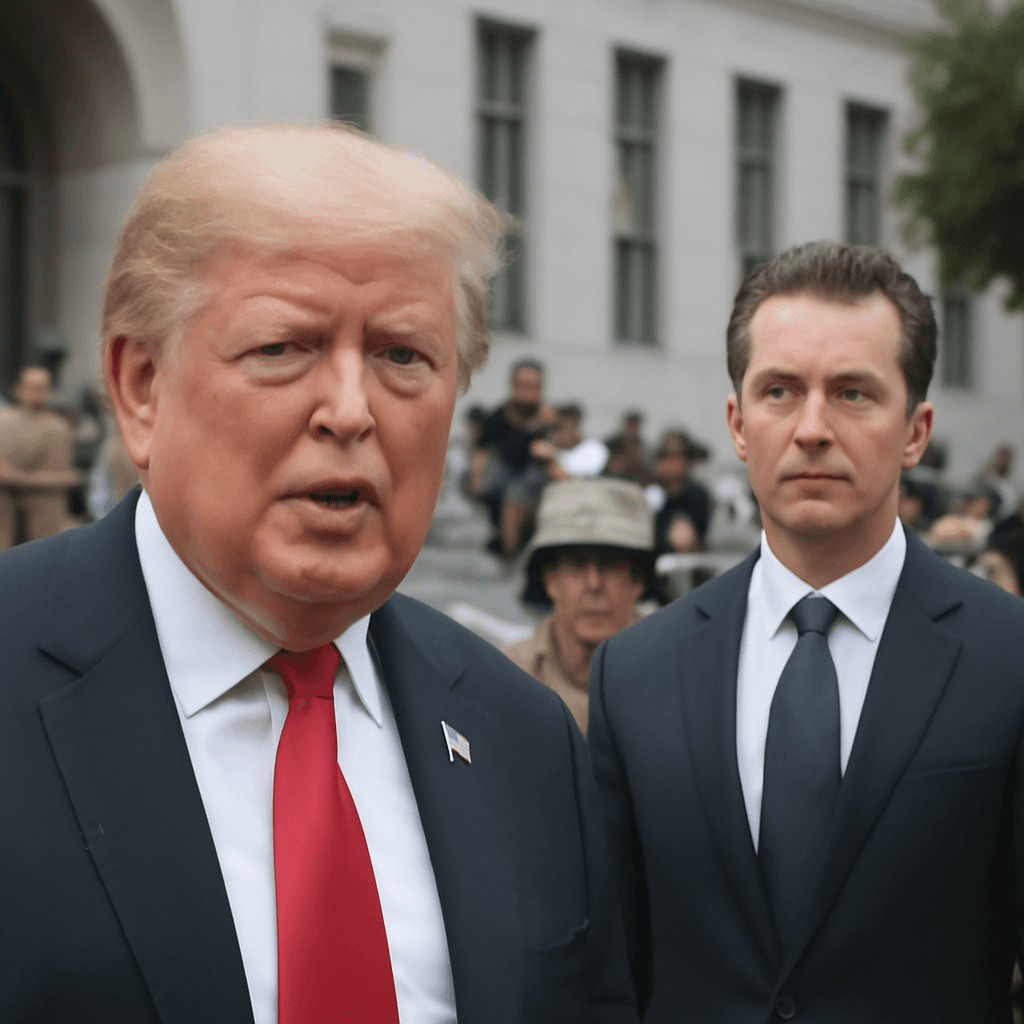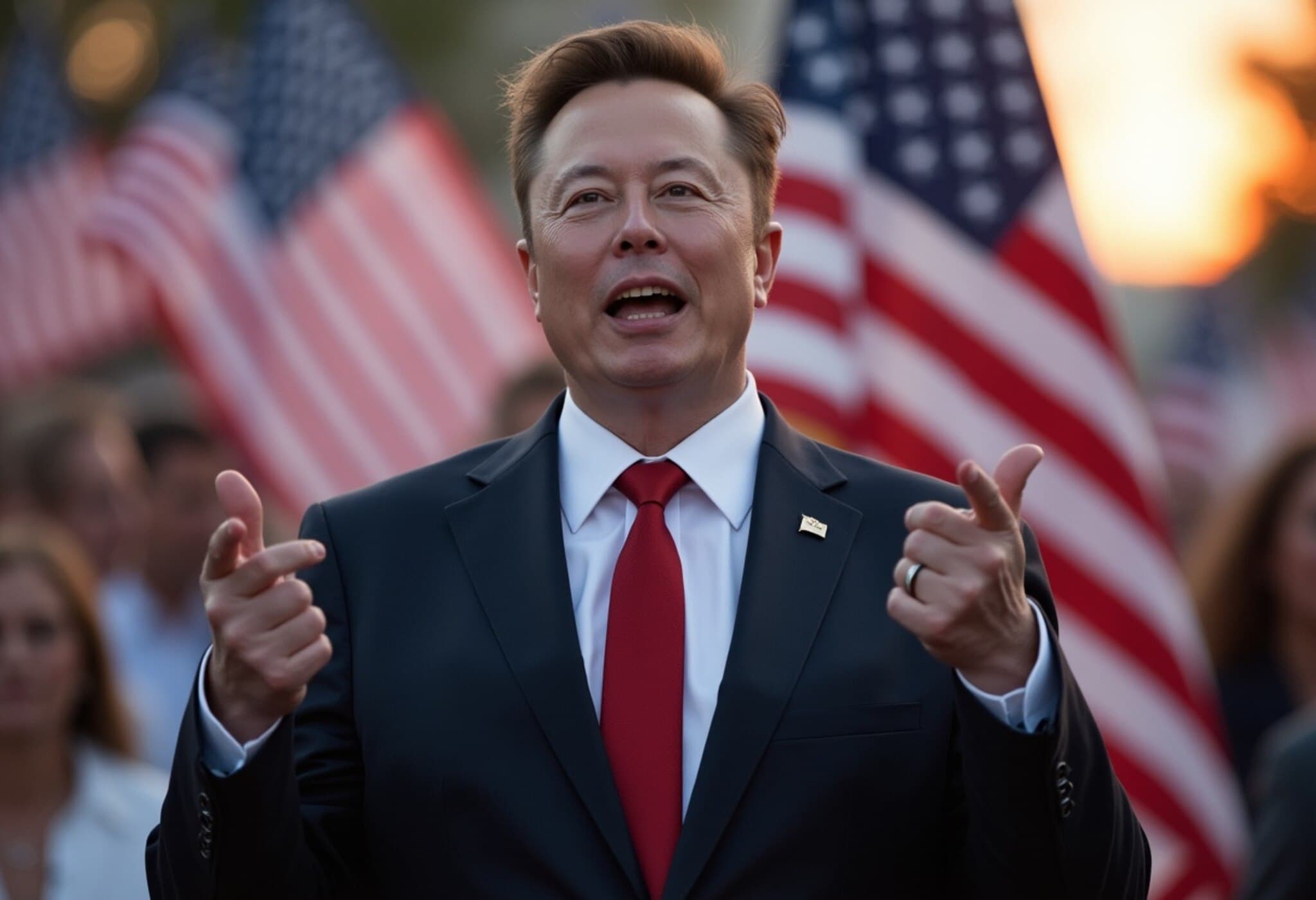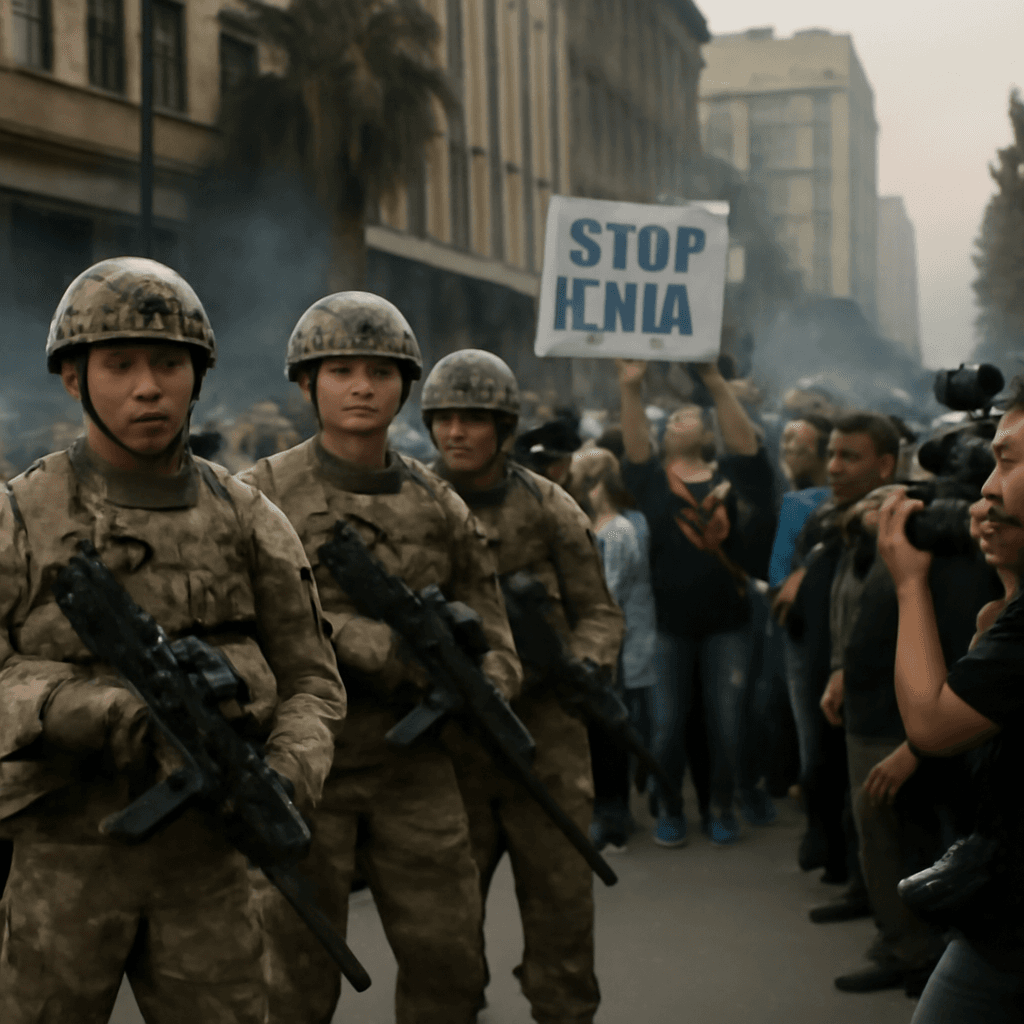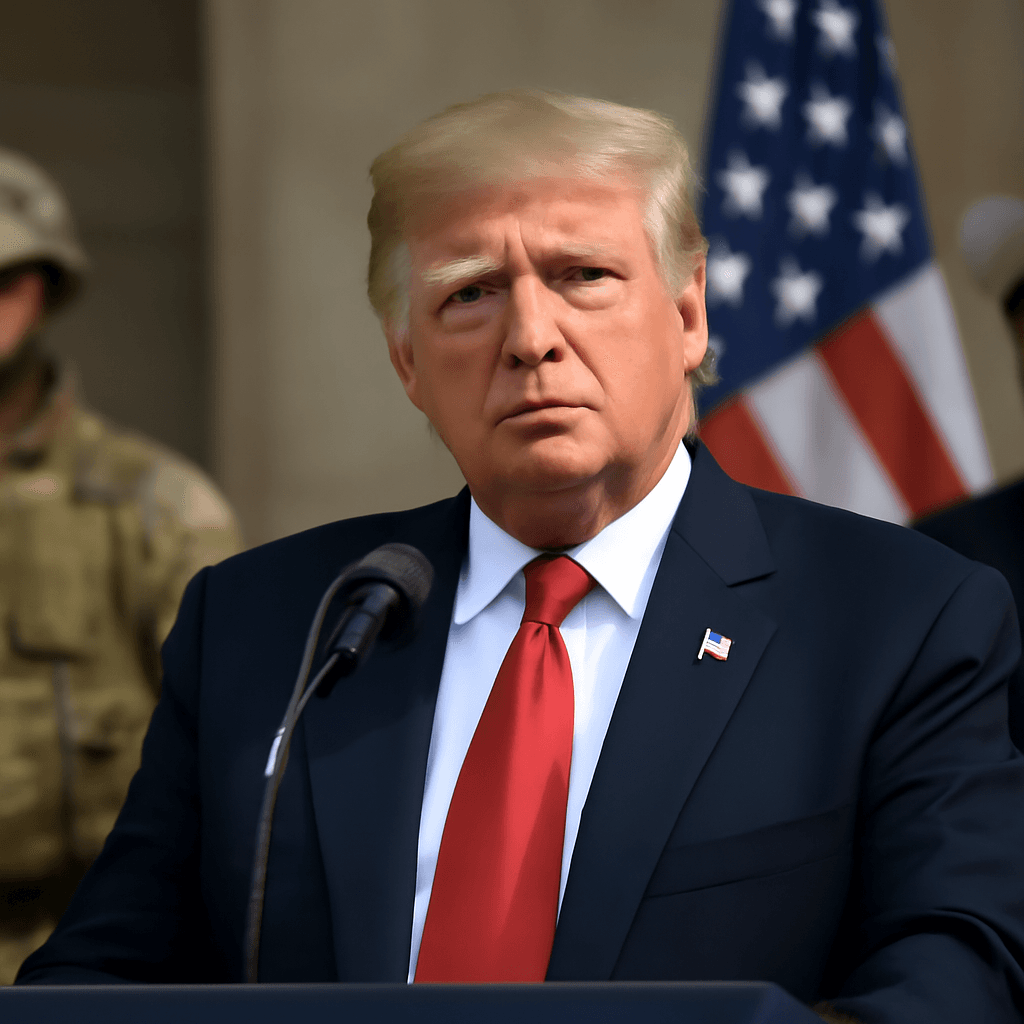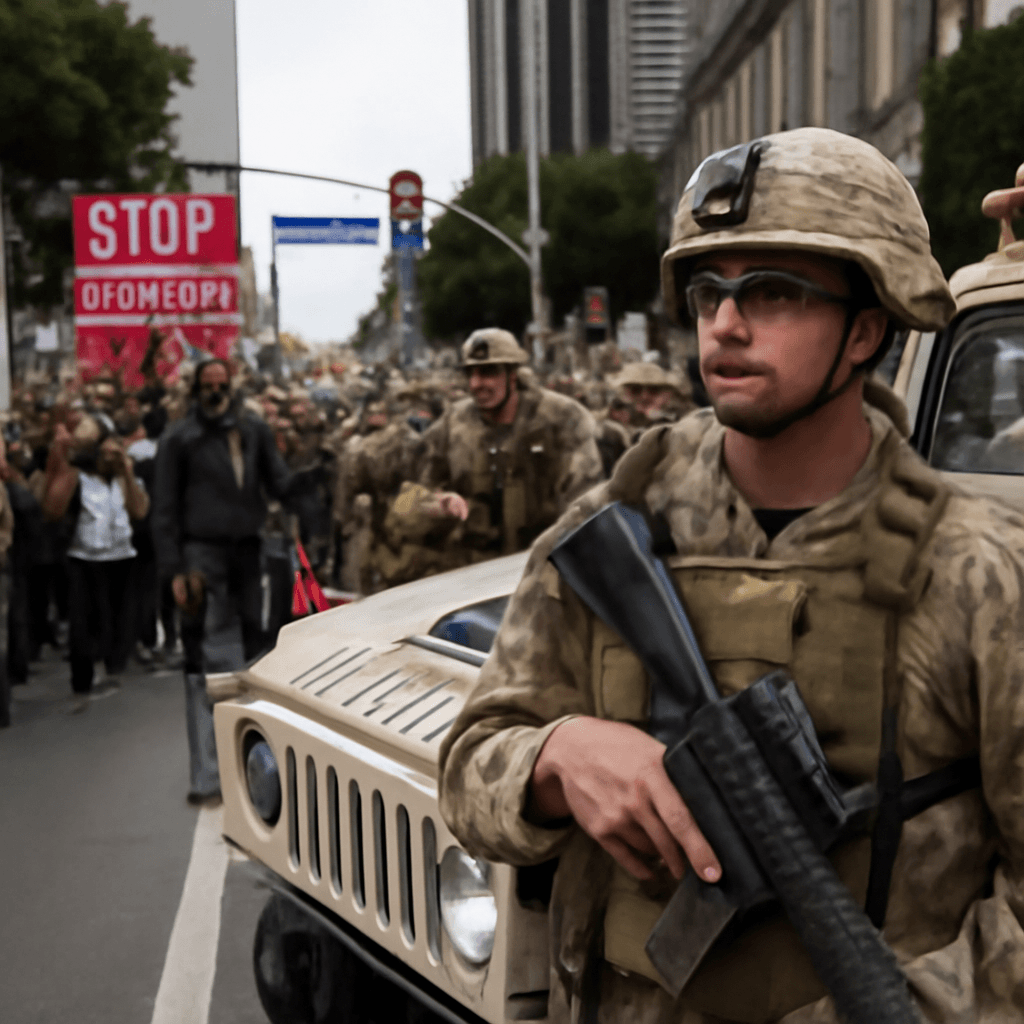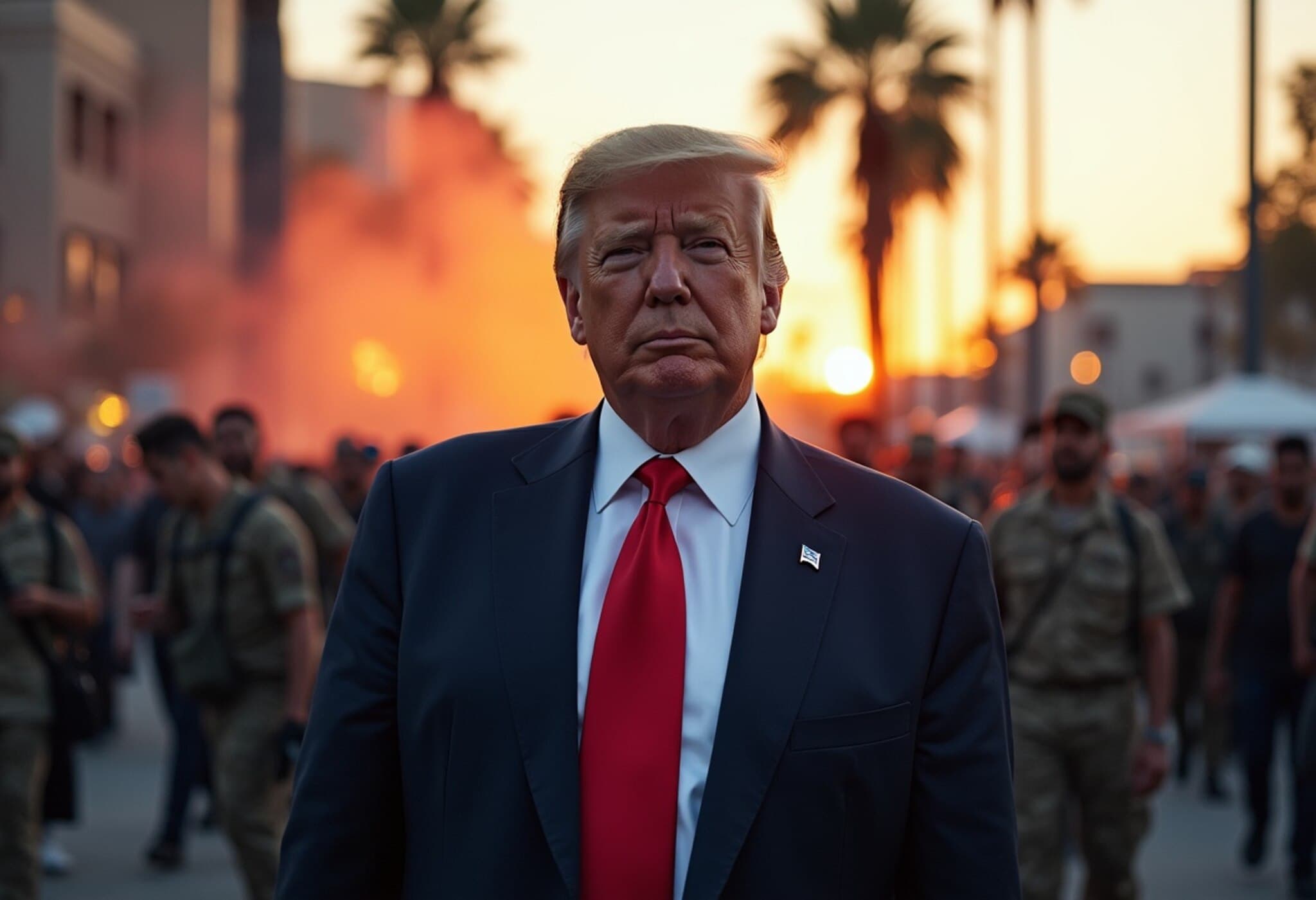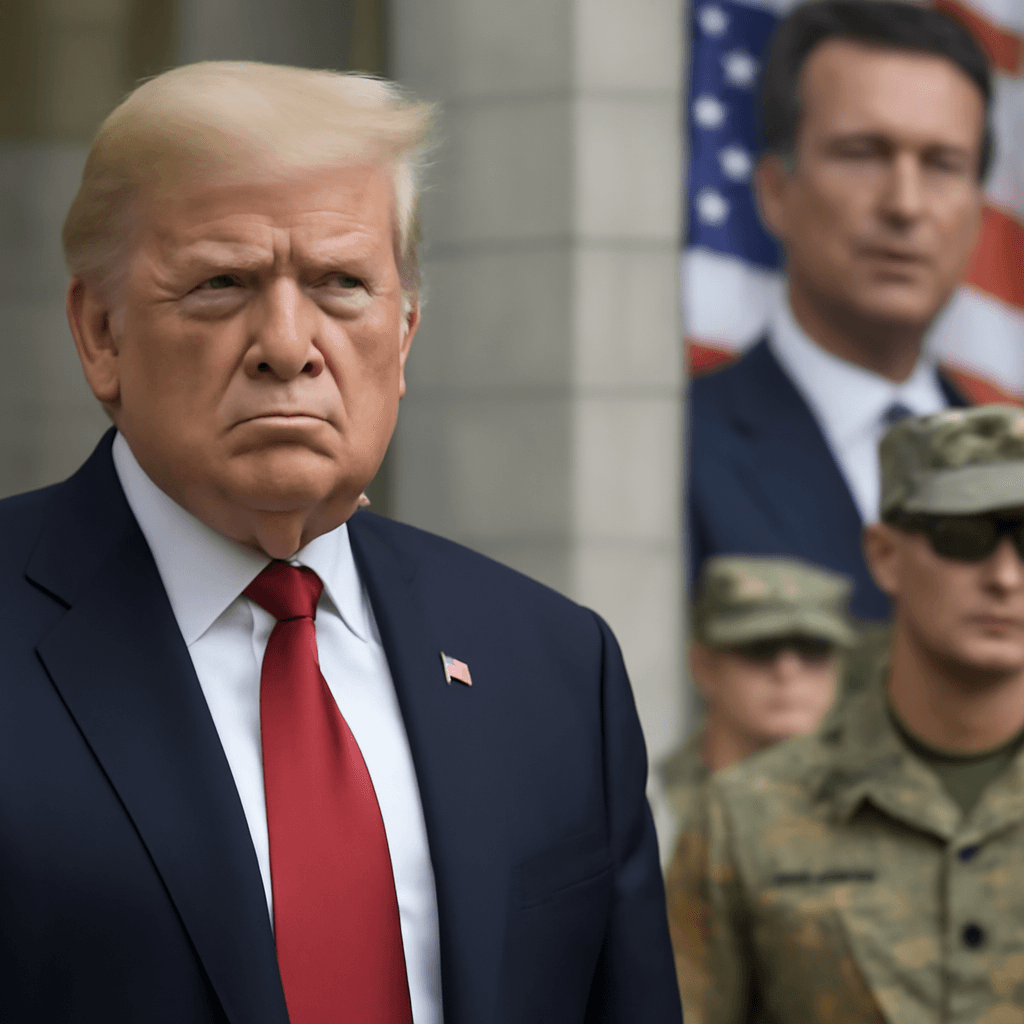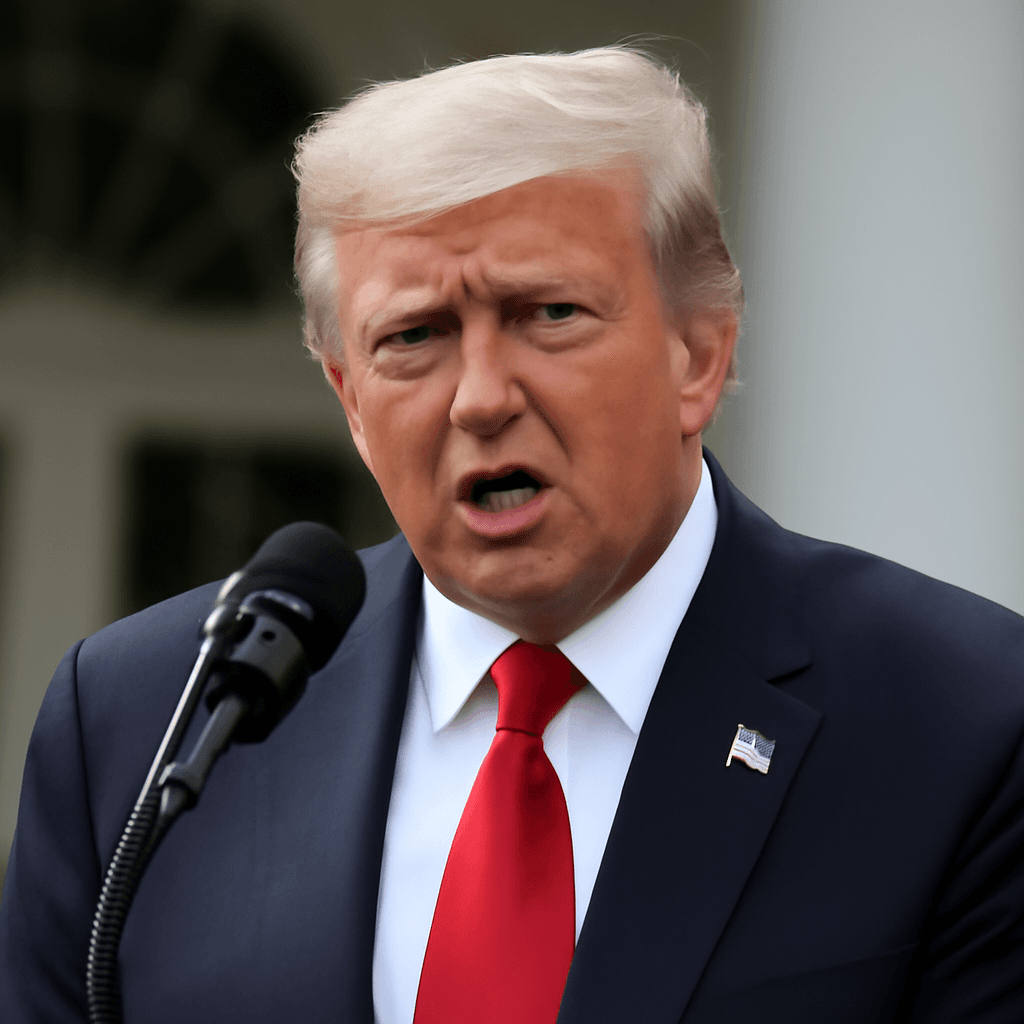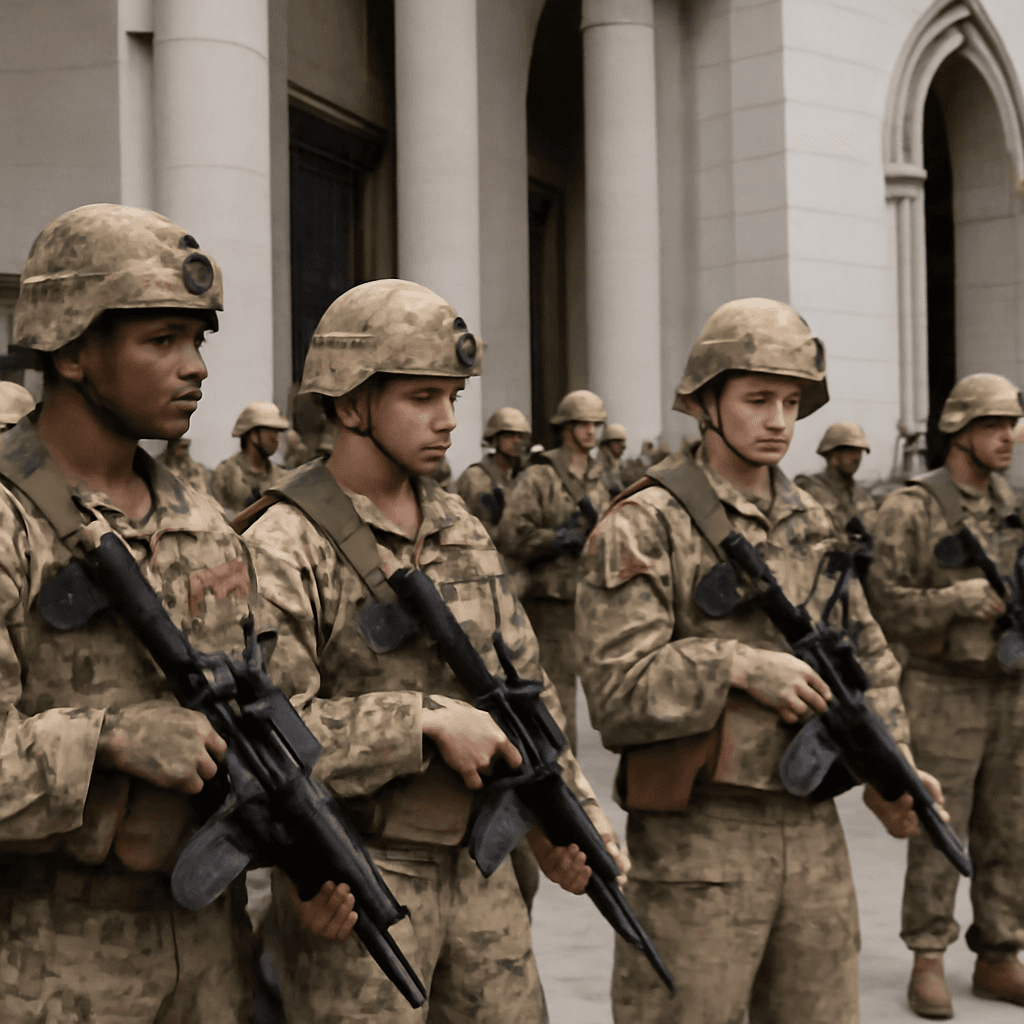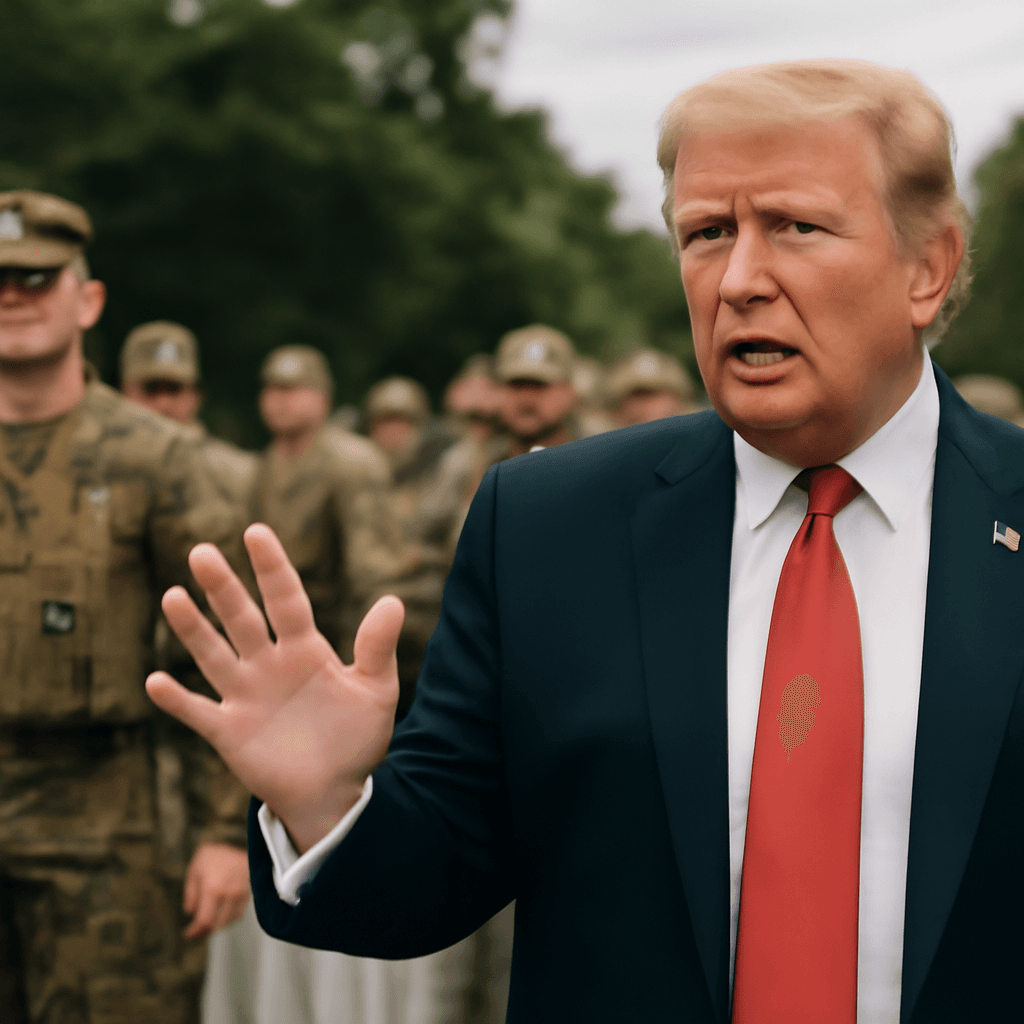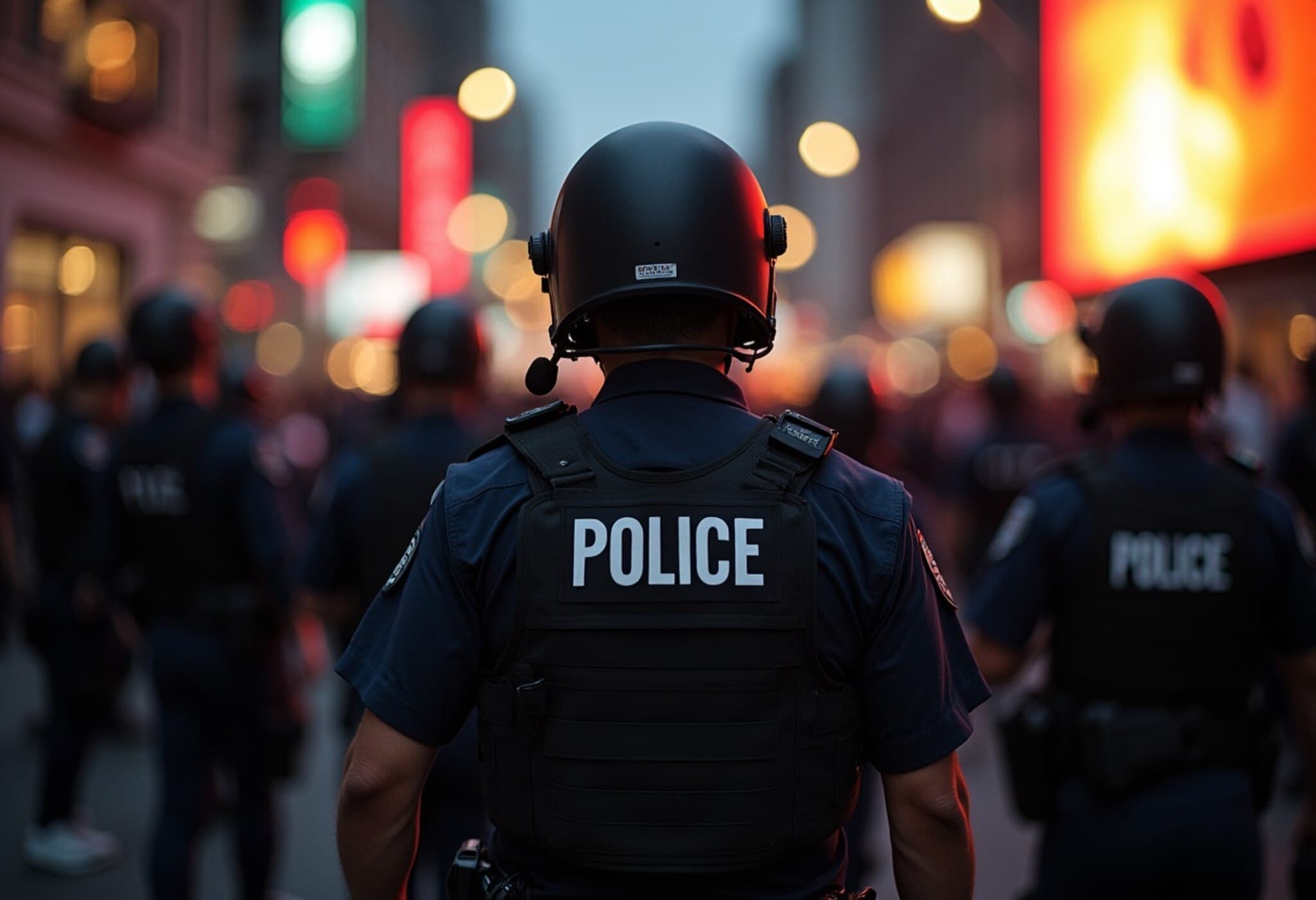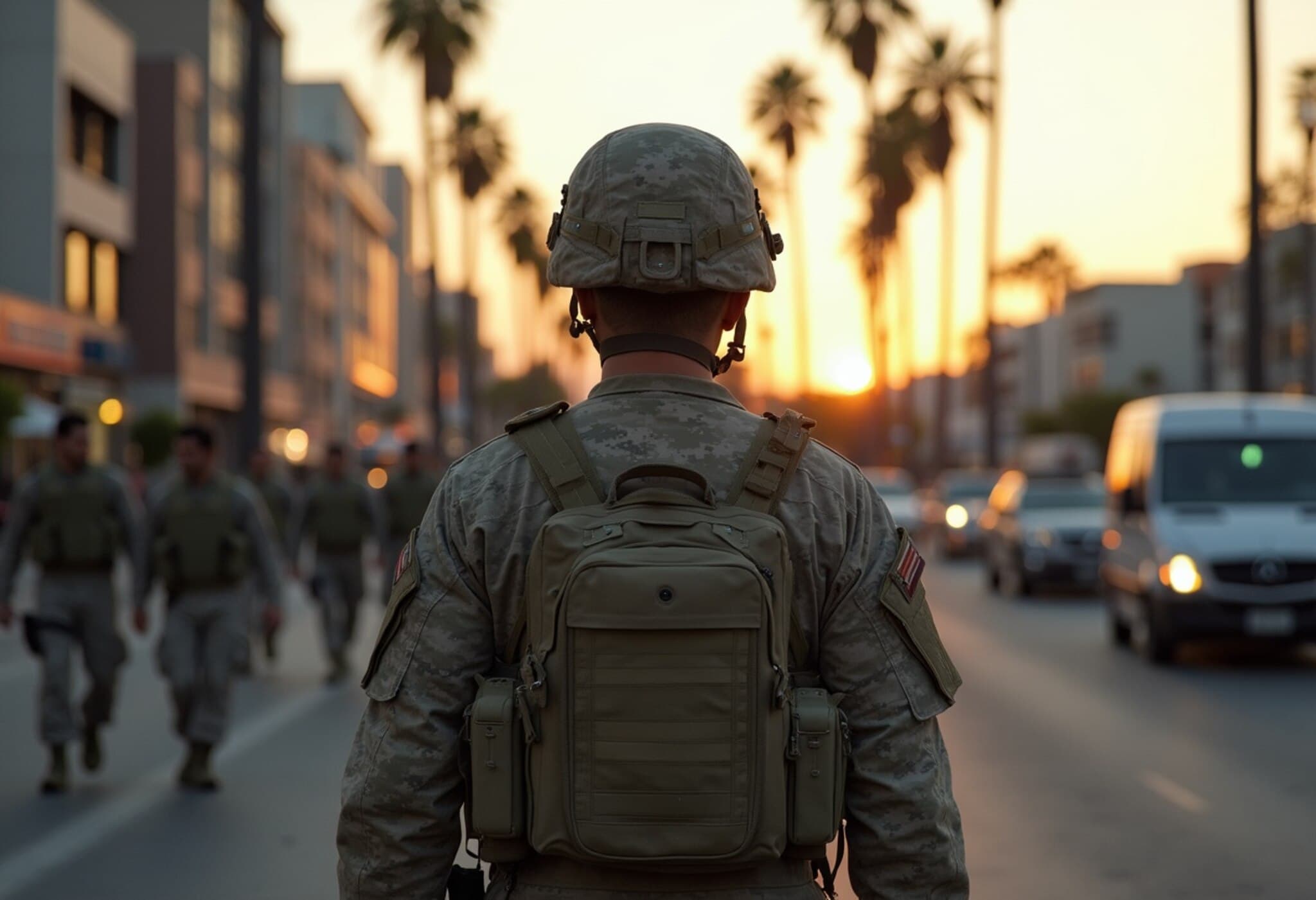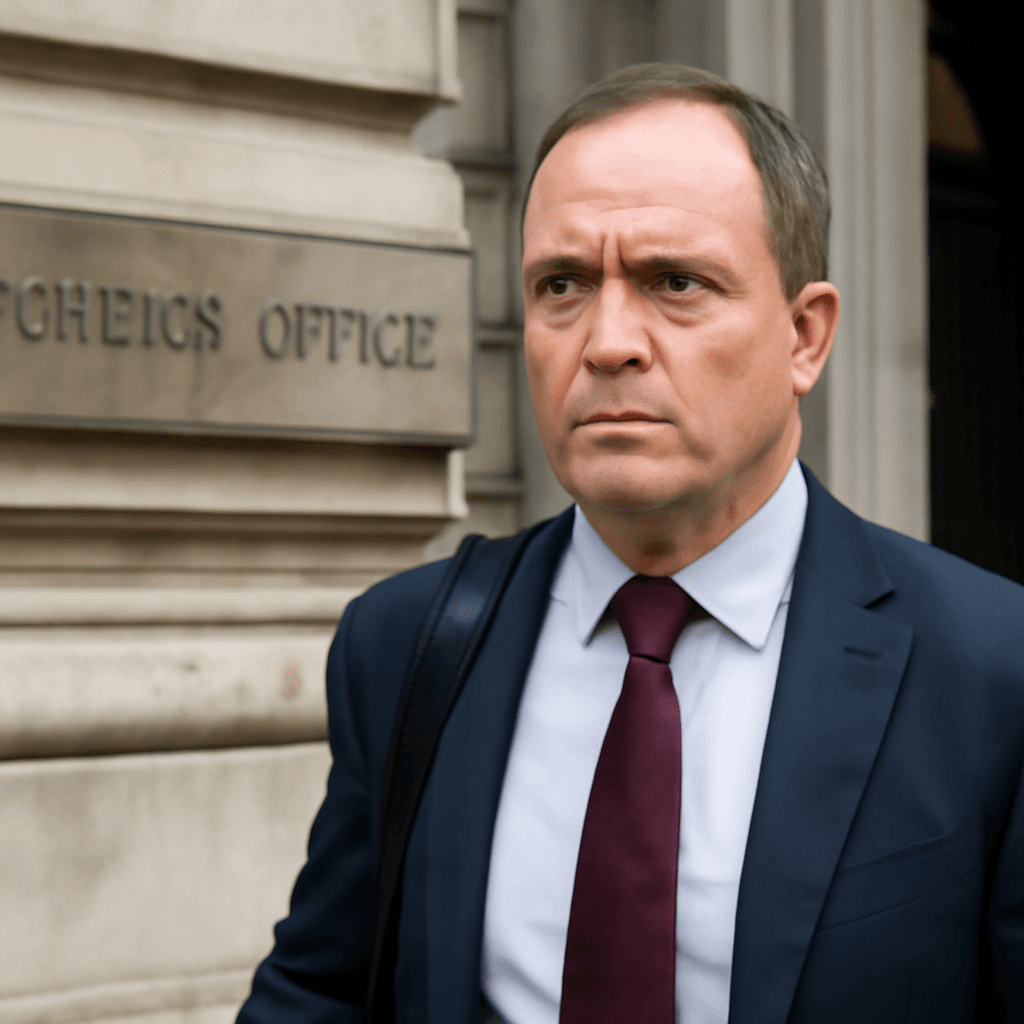Trump Claims Military Presence Staved Off Chaos in Los Angeles
On Tuesday, former US President Donald Trump declared that without deploying Marines and National Guard troops to Los Angeles, the city would be "burning to the ground". His statement came amidst ongoing protests and heightened tensions following recent immigration raids.
Military Deployment Amidst Rising Unrest
Approximately 700 Marines and 4,000 National Guard troops were mobilized in Los Angeles as part of efforts to control protests. Despite these deployments, the American military traditionally holds no domestic law enforcement role, with prior notable domestic deployments being limited to events such as Hurricane Katrina in 2005.
Political Backlash and Legal Challenges
California Governor Gavin Newsom criticized the president's decision, calling it "the deranged fantasy of a dictatorial president." In response, the state initiated legal action against the federal government for mobilizing troops without the governor's approval—a move last seen in 1965 when National Guard troops were sent to a US city without the state leader's consent.
The Ground Reality: Protests, Enforcement, and Warnings
District Attorney Nathan Hochman argued that the increased military presence was unnecessary given that only a small fraction of the population was protesting, and even fewer were engaging in unlawful activities. Nevertheless, the situation marked the fourth day of unrest sparked by immigration enforcement actions, which officials say have heightened fear within immigrant communities.
Meanwhile, the administration’s Border Czar, Tom Homan, issued a stern warning to local officials, suggesting they could face arrest if they obstruct immigration agents. "We’re going to keep enforcing law every day in L.A.," Homan insisted, adding that "harboring and concealing illegal aliens" is a felony and those impeding law enforcement could face serious charges.
Looking Ahead: Balancing Law Enforcement and Community Tensions
The troop deployment and ongoing protests highlight the escalating friction between federal immigration enforcement efforts and local government responses. As legal battles unfold and civil unrest continues, the situation underscores the delicate balance between maintaining public order and respecting state authority and community concerns.

